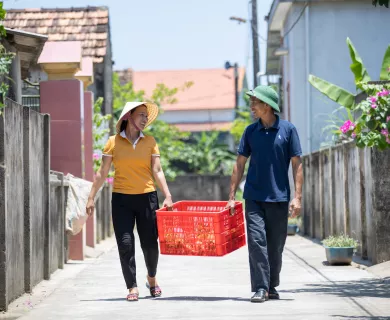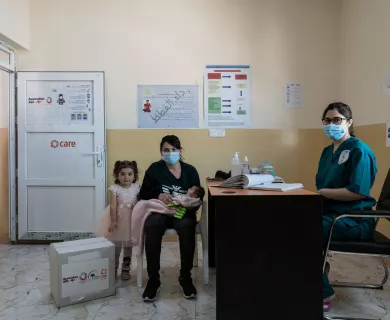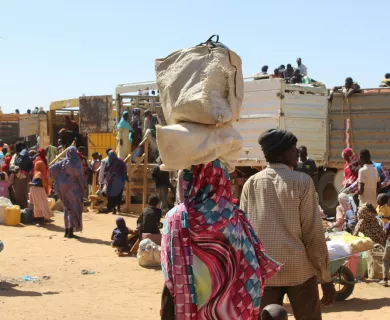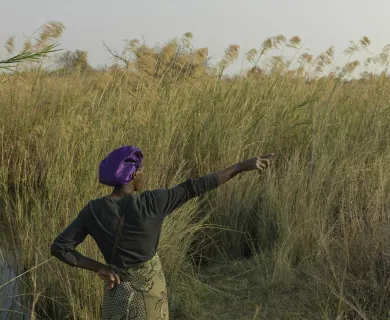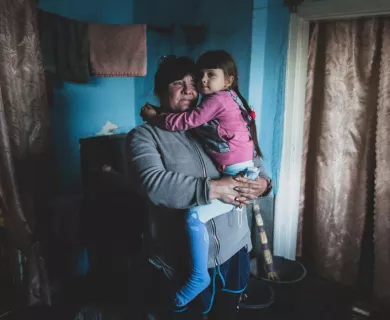Featured

Women in war: Leaders, responders, and potential
The unsung heroes of crisis, women are grossly overlooked when it comes to dialogue and decision-making. This report by CARE, based on a survey conducted since 2020, highlights women’s experiences in conflict and how their leadership is critical for…

